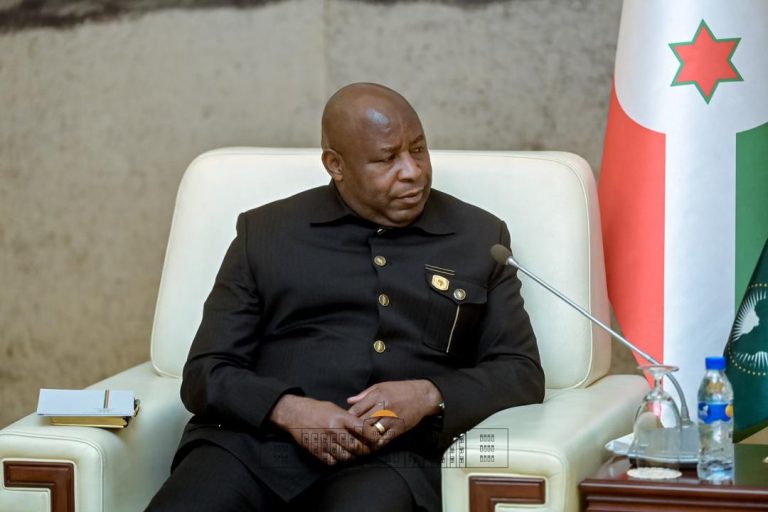- Nigeria’s central bank cuts its benchmark interest rate by 50 basis points
- The move follows five months of disinflation and aims to stimulate economic recovery after a tightening cycle.
ABUJA, NIGERIA – Nigeria’s central bank cut its benchmark interest rate on Monday for the first time this year, lowering it by 50 basis points to 27% in a move aimed at supporting economic growth.
The unanimous decision by the 12-member Monetary Policy Committee (MPC) marks the first cut under Governor Olayemi Cardoso, who has led the Central Bank since 2023.
The decision is predicated on the sustained disinflation recorded in the past five months and the need to support economic recovery efforts.
The cut follows six consecutive hikes through 2024 that brought the policy rate to a record 27.50%, as the bank tried to curb soaring inflation triggered by President Bola Tinubu’s reforms. Those included ending fuel subsidies and floating the naira, which initially pushed inflation to its highest in almost three decades.
Balancing growth and stability
In addition to the rate reduction, the MPC lowered the cash reserve ratio for banks to 45% from 50% but raised the ratio for government deposits to 75% to control liquidity. The liquidity ratio for banks remained unchanged at 30%.
Cardoso pointed to improving macroeconomic indicators, including moderating inflation, stabilised exchange rates and stronger output growth. Nigeria’s economy expanded by 4.23% in the second quarter, boosted by higher oil production. Inflation slowed for a fifth consecutive month in August, easing to 20.13%.
Tinubu, who took office in 2023, has set an ambitious target of reducing inflation to 15% by the end of 2025. At the last MPC meeting in July, the bank left rates unchanged amid concerns over external shocks, including global tariff disputes and geopolitical tensions.
While high rates have strengthened banks and financial institutions, sectors such as agriculture and manufacturing have struggled to access credit, fuelling calls for relief. Analysts say Monday’s move signals the beginning of a shift toward supporting businesses and households squeezed by tight credit conditions.
Outlook for Tinubu’s reforms
Nigeria’s return to lower rates is seen as a delicate balancing act. Investors and international lenders are watching whether the bank can maintain stability while supporting growth. Analysts caution that the durability of disinflation will be critical in determining whether the easing cycle continues.
For Tinubu’s government, the rate cut underscores the urgency of sustaining reforms while ensuring that inflationary pressures remain under control. His economic agenda hinges on boosting non-oil sectors, expanding credit access, and attracting foreign investment.
The MPC’s move may bring some relief to businesses and consumers ahead of the final quarter, when demand for credit traditionally spikes. But as Cardoso made clear, the central bank will remain “data-driven and vigilant” in guarding against risks to price and currency stability.










